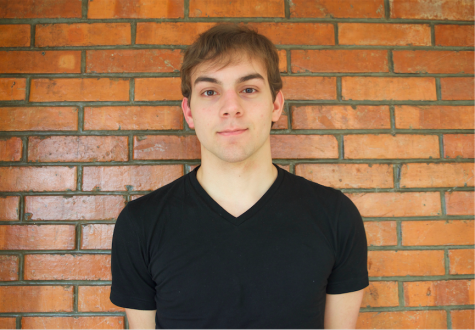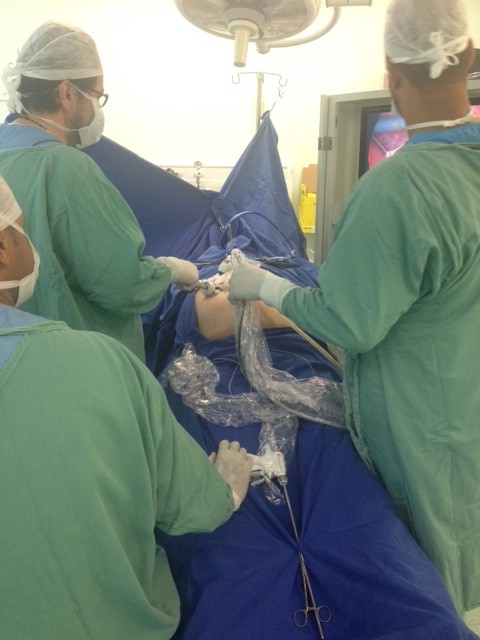Intern-al experience: the story of an Eagle intern
As students, we struggle to find our niche in life. We struggle to discover what we wish to do for the rest of our lives, and whether that path, whichever it may be, will lead to personal happiness. The quest to choose one’s career path starts early and usually takes many by surprise. By the time we reach the end of our high school career, we carry the weight of responsibility and doubt. Scarce are the students who truly feel comfortable answering the age old question: “what do you what to be when you grow up?” Space cowboys and professional pun masters aside, most people simply do not know what they plan to do, or where the flow of life will take them to. What we really need is a starting point, somewhere to begin exploring the possibilities. To allow students these opportunities is a risk in itself, yet I believe it is a school’s responsibility to guide and facilitate their coming into the adult reality through shadowing programs or others of the like. When I was presented with the opportunity to participate in what is called the “Eagle Internship” during the high school trips, I admit I was slightly hesitant. The skepticism was not a trait solely mine, others were unsure as to the quality of the experience awaiting us. Yet in the end, the sheer curiosity won out and I signed up for the program.
From the 4th to the 9th of October, I visited several medical-related locations, including several hospitals and even a health insurance company. From touring the pristine white halls of the Albert Einstein hospital, to helping wipe blood off the floor after a surgery – long hours of exhausting work and sleepless shifts awaited me during the more grueling days of the internship program. However, not all was dominated by the monotonous schedule I had come to expect. There were moments of awe, such as when a team of residents effortlessly removed excess fat from a patient’s eyelids, all the while listening to Brazilian country music. I also had my moments of genuine fear and sadness, such as when I saw a patient being wheeled in, bedridden, in order to gauge the extent of the damage Lou Gehrig’s disease was wreaking on her vocal chords. I experienced indescribable feelings as I watched a patient’s stomach split open after an equipment malfunction during a simple bypass surgery and the quiet tension that soon dominated the room as everyone redoubled their efforts. However, all that pales in comparison to when an elderly woman cried with gratitude, thanking me for holding her hand and softly reassuring her after a particularly uncomfortable procedure. At that moment, I realized that is where my heart belongs. This is where I want to be, amongst people, caring for them and working towards the bettering of their lives. These trials, however hard, solidified my resolve to one day perhaps become a doctor. For that, I am extremely thankful to the advisors and the doctors who I met. This experience opened doors for me, doors that I myself feared to peer through, and what I found only left me parched for more.

Now banished to the POV section, as Features grew sick of his terrible puns, Lucca will spend his second year in The Talon furthering his plans for pun...









